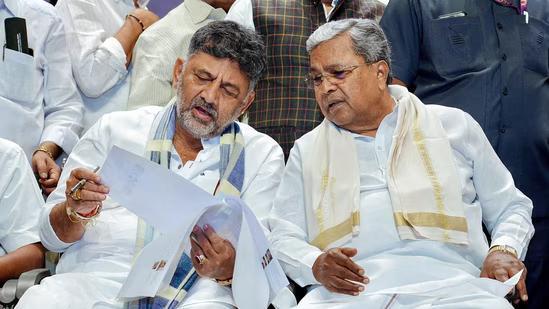
B’deshi Man Abdul Found Living in India as Trans Person ‘Neha’, to be Deported
In a shocking incident, a Bangladeshi national named Abdul Kalam, who had been living in India for over two decades, has been detained in Madhya Pradesh’s Bhopal for pretending to be a transgender person named ‘Neha’. The 35-year-old Kalam, who had entered India as a minor, had acquired forged Indian documents, including an Aadhaar card and voter ID, to conceal his Bangladeshi citizenship. However, his charade has finally been uncovered, and he is now set to be deported back to his home country.
The story of Abdul Kalam, who had been living in Bhopal for eight years, is a poignant reminder of the complexities of identity, nationality, and the blurred lines between the two. Kalam, who had been living as ‘Neha’ for over two decades, had built a life in India, making friends and acquaintances, and even working to support himself. However, his life was built on a foundation of lies and deception, which ultimately led to his downfall.
According to reports, Kalam had entered India as a minor and had been living in Bhopal since then. During his time in India, he had undergone gender reassignment surgery and had been living as a transgender person. He had also acquired a new identity, that of ‘Neha’, which he had used to navigate his life in India. However, his Bangladeshi citizenship had remained a secret, even to his closest friends and acquaintances.
The authorities had been tracking Kalam for some time, and it was only a matter of time before his true identity was revealed. In a statement, the police officials said that Kalam had been detained for living as a transgender person without valid documents. “He had acquired forged documents, including an Aadhaar card and voter ID, to hide his Bangladeshi citizenship,” the officials said.
Kalam’s case is not an isolated one. There have been several instances in the past where individuals from neighboring countries have entered India and pretended to be transgender or have undergone gender reassignment surgery to avoid detection. However, Kalam’s case is particularly noteworthy, given the length of time he had been living in India and the extent of his deception.
The story of Abdul Kalam, or ‘Neha’, as he is known, raises several questions about identity, nationality, and the complexities of human experience. Who is a national, and who is not? What does it mean to be a citizen of a country, and what are the implications of pretending to be something one is not? These are questions that have been debated by scholars, philosophers, and policymakers for centuries, and Kalam’s case provides a unique lens through which to examine these questions.
Moreover, Kalam’s story highlights the challenges faced by transgender individuals in both India and Bangladesh. In India, transgender individuals are recognized as a third gender and have been granted certain rights and protections. However, they still face significant discrimination and marginalization, with many being forced to live on the fringes of society. In Bangladesh, the situation is even more dire, with transgender individuals facing significant legal and social barriers to their rights and dignity.
As Kalam prepares to be deported back to Bangladesh, his story serves as a poignant reminder of the complexities of human experience and the challenges faced by transgender individuals in both countries. His case also highlights the need for greater understanding, tolerance, and acceptance of individuals who do not conform to traditional gender norms.
In conclusion, the story of Abdul Kalam, or ‘Neha’, as he is known, is a complex and nuanced one that raises several questions about identity, nationality, and the human experience. While Kalam’s deception was uncovered, and he is set to be deported, his story serves as a reminder of the challenges faced by transgender individuals in both India and Bangladesh. As we reflect on Kalam’s case, we are reminded of the need for greater understanding, tolerance, and acceptance of individuals who do not conform to traditional gender norms.






